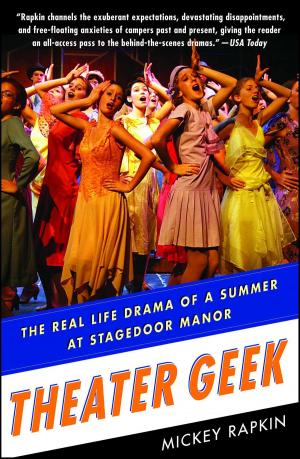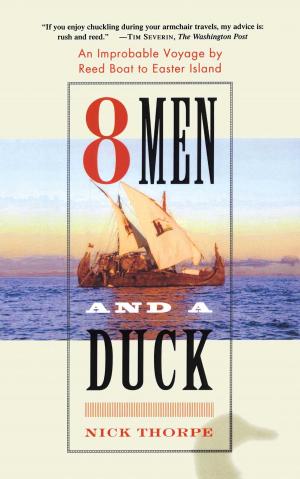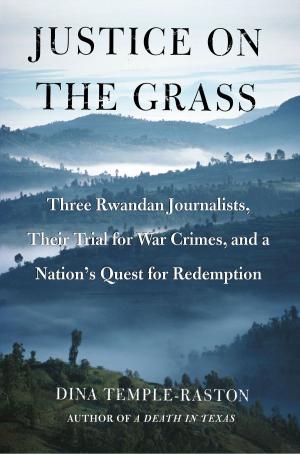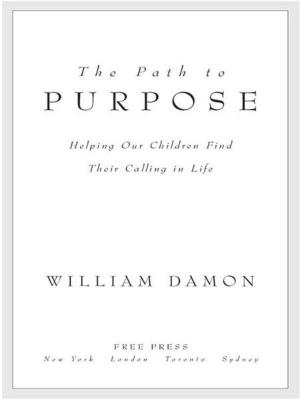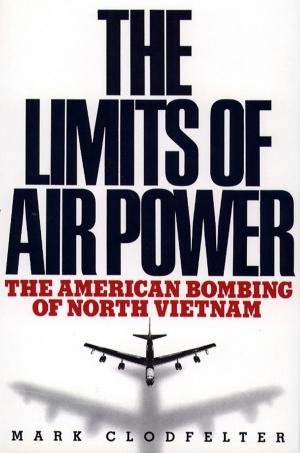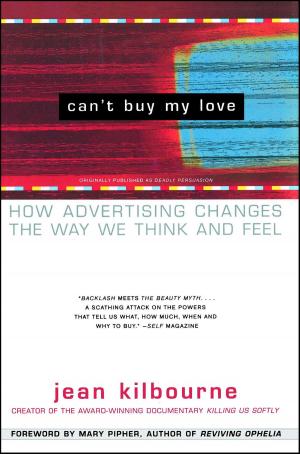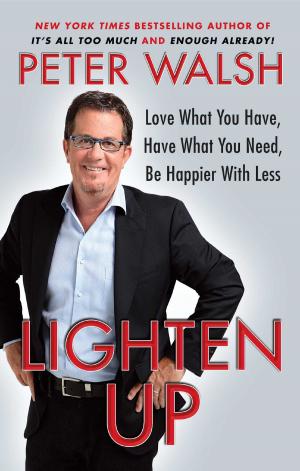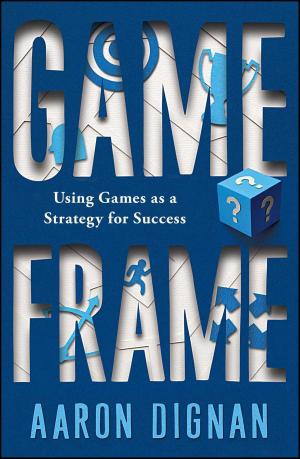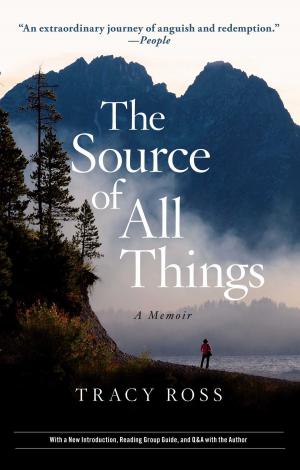Peace Meals
Candy-Wrapped Kalashnikovs and Other War Stories
Nonfiction, Food & Drink, Food Writing, Travel, Adventure & Literary Travel, Biography & Memoir| Author: | Anna Badkhen | ISBN: | 9781439166635 |
| Publisher: | Free Press | Publication: | October 12, 2010 |
| Imprint: | Free Press | Language: | English |
| Author: | Anna Badkhen |
| ISBN: | 9781439166635 |
| Publisher: | Free Press |
| Publication: | October 12, 2010 |
| Imprint: | Free Press |
| Language: | English |
Travel books bring us to places. War books bring us to tragedy. This book brings us to one woman’s travels in war zones: the locals she met, the compassion they scraped from catastrophe, and the food they ate.
Peace Meals is a true story about conflict and food. It illustrates the most important lesson Anna Badkhen has observed as a journalist: war can kill our friends and decimate our towns, but it cannot destroy our inherent decency, generosity, and kindness—that which makes us human. Badkhen writes:
There is more to war than the macabre—the white-orange muzzle flashes during a midnight ambush . . . the scythes of shrapnel whirling . . . like lawnmower blades spun loose; the tortured and the dead. There are also the myriad brazen, congenial, persistent ways in which life in the most forlorn and violent places on earth shamelessly reasserts itself. Of those, sharing a meal is one of the most elemental.
No other book about war has looked at the search for normalcy in conflict zones through the prism of food. In addition to the events that dominate the news today—the wars in Afghanistan and Iraq—Peace Meals also bears witness to crises that are less often discussed: the conflict in Chechnya, the drought cycle in East Africa, the failed post-Soviet states, the Palestinian intifada.
Peace Meals focuses on day-to-day life, describing not just the shocking violence but also the beauty that continues during wartime: the spring flowers that bloom in the crater hollowed by an air-to-surface missile, the lapidary sanctuary of a twelfth-century palace besieged by a modern battle, or a meal a tight-knit family shares in the relative safety of their home as a firefight rages outside. It reveals how one war correspondent’s professional choices are determined not only by her opinion of which story is important but also by the instinctive comparisons she, a young
mother, makes each time she meets children in war zones; by her intrinsic sense of guilt for leaving her family behind as she goes off to her next dangerous assignment; and, quite prosaically—though not surprisingly—by her need to eat.
Wherever Badkhen went, she broke bread with the people she wrote about, and the simple conversations over these meals helped her open the door into the lives of strangers. Sometimes dinner was bread and a fried egg in a farmer’s hut, or a packet of trail mix in the back of an armored humvee. Sometimes it was a lavish, four-course meal at the house of a local warlord, or a plate of rice and boiled meat at a funeral tent. Each of these straightforward acts of humanity tells a story. And these stories, punctuated by recipes from these meals, form Peace Meals. Following Badkhen’s simple instructions, readers will taste what made life in these tormented places worth living.
Travel books bring us to places. War books bring us to tragedy. This book brings us to one woman’s travels in war zones: the locals she met, the compassion they scraped from catastrophe, and the food they ate.
Peace Meals is a true story about conflict and food. It illustrates the most important lesson Anna Badkhen has observed as a journalist: war can kill our friends and decimate our towns, but it cannot destroy our inherent decency, generosity, and kindness—that which makes us human. Badkhen writes:
There is more to war than the macabre—the white-orange muzzle flashes during a midnight ambush . . . the scythes of shrapnel whirling . . . like lawnmower blades spun loose; the tortured and the dead. There are also the myriad brazen, congenial, persistent ways in which life in the most forlorn and violent places on earth shamelessly reasserts itself. Of those, sharing a meal is one of the most elemental.
No other book about war has looked at the search for normalcy in conflict zones through the prism of food. In addition to the events that dominate the news today—the wars in Afghanistan and Iraq—Peace Meals also bears witness to crises that are less often discussed: the conflict in Chechnya, the drought cycle in East Africa, the failed post-Soviet states, the Palestinian intifada.
Peace Meals focuses on day-to-day life, describing not just the shocking violence but also the beauty that continues during wartime: the spring flowers that bloom in the crater hollowed by an air-to-surface missile, the lapidary sanctuary of a twelfth-century palace besieged by a modern battle, or a meal a tight-knit family shares in the relative safety of their home as a firefight rages outside. It reveals how one war correspondent’s professional choices are determined not only by her opinion of which story is important but also by the instinctive comparisons she, a young
mother, makes each time she meets children in war zones; by her intrinsic sense of guilt for leaving her family behind as she goes off to her next dangerous assignment; and, quite prosaically—though not surprisingly—by her need to eat.
Wherever Badkhen went, she broke bread with the people she wrote about, and the simple conversations over these meals helped her open the door into the lives of strangers. Sometimes dinner was bread and a fried egg in a farmer’s hut, or a packet of trail mix in the back of an armored humvee. Sometimes it was a lavish, four-course meal at the house of a local warlord, or a plate of rice and boiled meat at a funeral tent. Each of these straightforward acts of humanity tells a story. And these stories, punctuated by recipes from these meals, form Peace Meals. Following Badkhen’s simple instructions, readers will taste what made life in these tormented places worth living.

